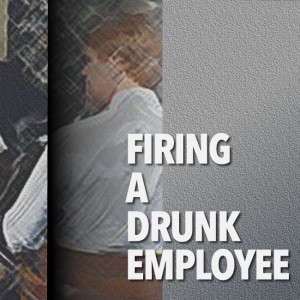The standard a plaintiff must meet in order to secure an award of punitive damages is high. Due to that, punitive damages are difficult to obtain. However, when they are awarded, there is a chance they could well exceed the amount of compensatory or nominal damages awarded to a plaintiff as recently confirmed in a Title VII case out of the 9th Circuit, Arizona v. Asarco, LLC, 733 F.3d 882 (9th Cir, 2013). In that case, the jury awarded no compensatory damages and $1 in nominal damages to the plaintiff. The jury also awarded over $800,000 in punitive damages. The employer appealed arguing that the punitive damages award was unconstitutionally excessive. The Court found that the original award was unconstitutional as it exceeded the applicable cap of $300,000 but declined to definitively impose a number on the punitive damages award it thought was reasonable. Rather, it suggested $125,000 could be reasonable based on the highest awarded ratios of compensatory to punitive damages but directed that the matter of punitive damages should be re-tried unless the plaintiff agreed to accept a remittur to $125,000.
This case is a good example of the possible impact of punitive damages. I also note that punitive damages are generally not covered by insurance in Pennsylvania. Accordingly, punitive damages are a
direct and substantial risk to employers.





